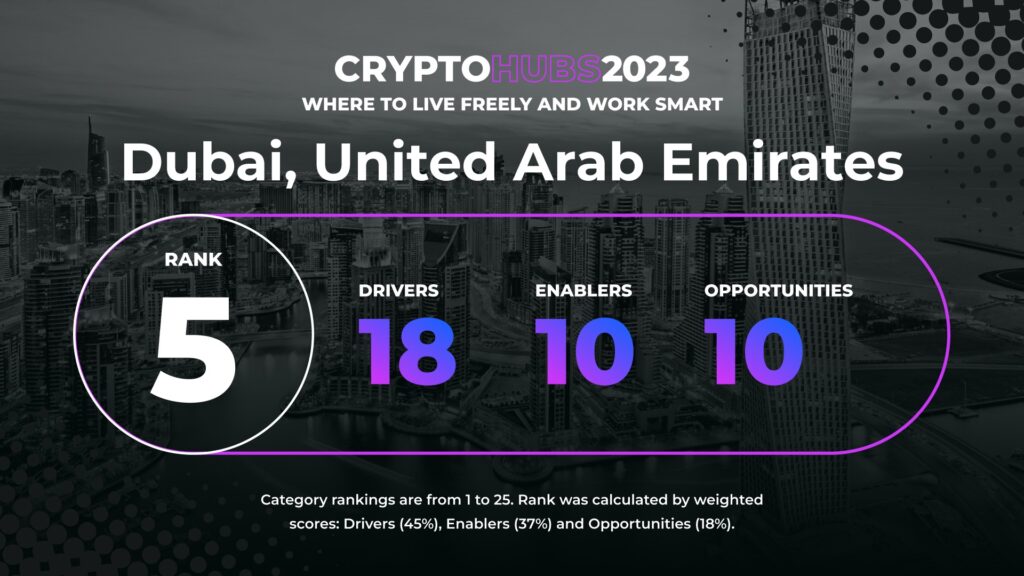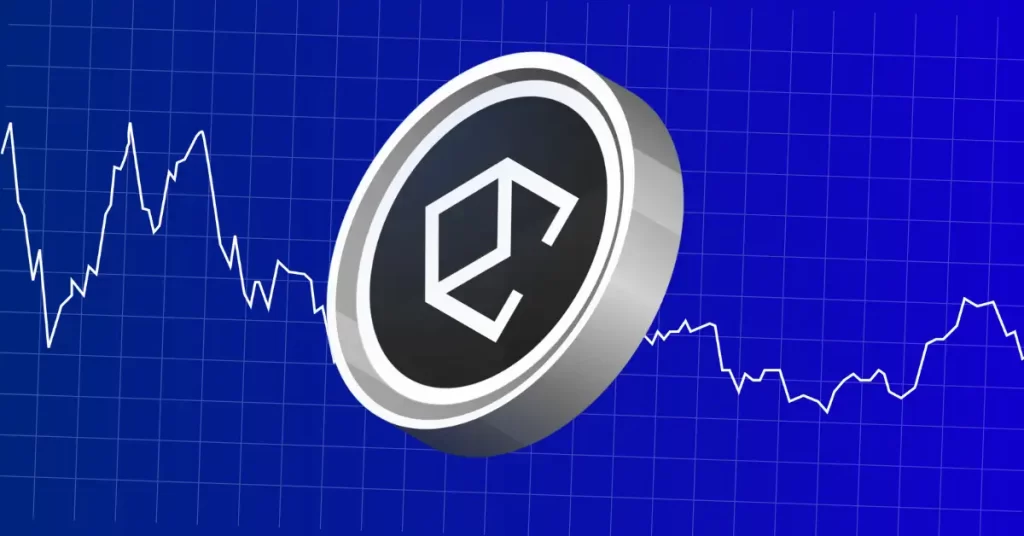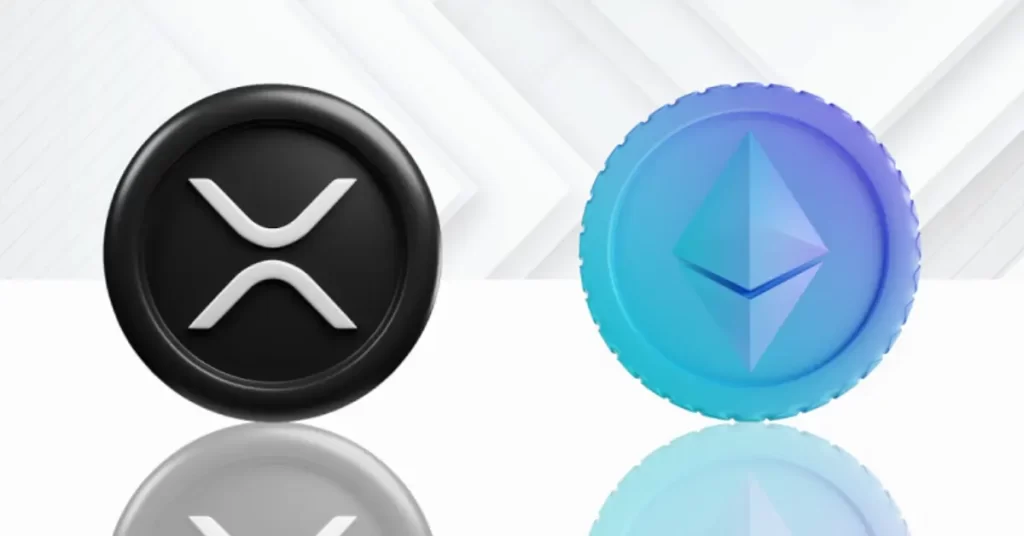
It looks like the cryptocurrency moguls are flocking to Dubai, the largest city in the United Arab Emirates (UAE).
Binance co-founders Changpeng Zhao and He Yi are based in Dubai, while Coinbase CEO Brian Armstrong is Dubai-regulated. met with the authorities.
Wazirx, one of India’s largest exchanges, will also move its headquarters. Dubai’s master plan to rise to the top of the world’s financial centers after New York, London and Hong Kong seems to be working.


Emergence through regulatory development
Over the last few decades, Dubai has grown as a business and financial services hub in the Middle East by embracing innovation. This is especially evident in the thoughtful and intentional approach to cryptocurrencies.
In 2014, the Dubai government asked IBM to advise on new technologies, said Saqr Ereiqat, then IBM’s head of public sector consultancy in Dubai. Discussions centered around blockchain eventually led to Dubai officially announcing in 2016 that it was discussing a legal framework for crypto assets, Eleikat explained.
Six years later, in March 2022, Dubai established the world’s first independent crypto asset regulatory authority, the Virtual Asset Regulatory Authority (VARA). The UAE has emerged as a viable alternative as the SEC (US Securities and Exchange Commission) responds with lawsuits to the crypto industry’s demands for clearer regulation in the US.
“America’s current position in crypto is disappointing,” said Bader Al Kalooti, executive director of Binance MENA (Middle East and North Africa).
“But that doesn’t mean other parts of the world aren’t open to crypto. Dubai and other markets in Asia are open.”
By 2022, more than 3.2 million of the UAE’s total population of 3.5 million will be non-UAE people, making it a “melting pot,” Alcaruti said, according to the Dubai Statistics Centre.
With such a diverse population, Dubai has a wide range of applications for blockchain technology, such as sending money to people working in Dubai, sending money back to their home country, and supporting fund flight for people fleeing an unstable economy. There are many different use cases.
Wide range of use cases
What makes Dubai and the United Arab Emirates unique as “crypto hubs” is that they “provide a home for all those types of use cases,” Alcaruti said.
Indeed, shortly after establishing VARA, the government announced the Dubai Metaverse Strategy, stating its intention to create “one of the world’s top 10 metaverse economies and a global hub for the metaverse community.” Dubai aims to attract 1,000 blockchain and metaverse companies and create 40,000 jobs by 2030.
With its proximity to North Africa, Asia and Europe, Dubai is not only a destination for beach vacation seekers, but also a place for global networking and collaboration.
Dubai hosts GITEX (Gulf Information Technology Exhibition), a large-scale tech conference that includes blockchain and Web3 in 18 focus areas, with 170,000 attendees in 2022 according to local reports It is the ground. In addition, there is no shortage of crypto-related events such as Binance Blockchain Week and Dubai Fintech Week.
After leaving IBM, Eleikat co-founded Dubai-based Crypto Oasis. The company is developing a blockchain ecosystem modeled after the “Crypto Valley” in Zug, Switzerland, which was ranked #1 in CoinDesk’s “Crypto Hub 2023”.
For those looking to build a team in Dubai, “The most unique element of the UAE is its access to talent… 3 billion people within three hours,” Eleikat said.
|Translation and editing: Akiko Yamaguchi, Takayuki Masuda
| Image: Dubai (Shutterstock)
|Original: Dubai: Launching a Crypto Regulatory Arm to Become a Global Financial Power
The post Dubai: Establishing a Crypto Asset Regulatory Agency Aiming to Become a Global Financial Hub[Crypto Hub]No. 5 | CoinDesk JAPAN | Coin Desk Japan appeared first on Our Bitcoin News.

 1 year ago
138
1 year ago
138














 English (US) ·
English (US) ·